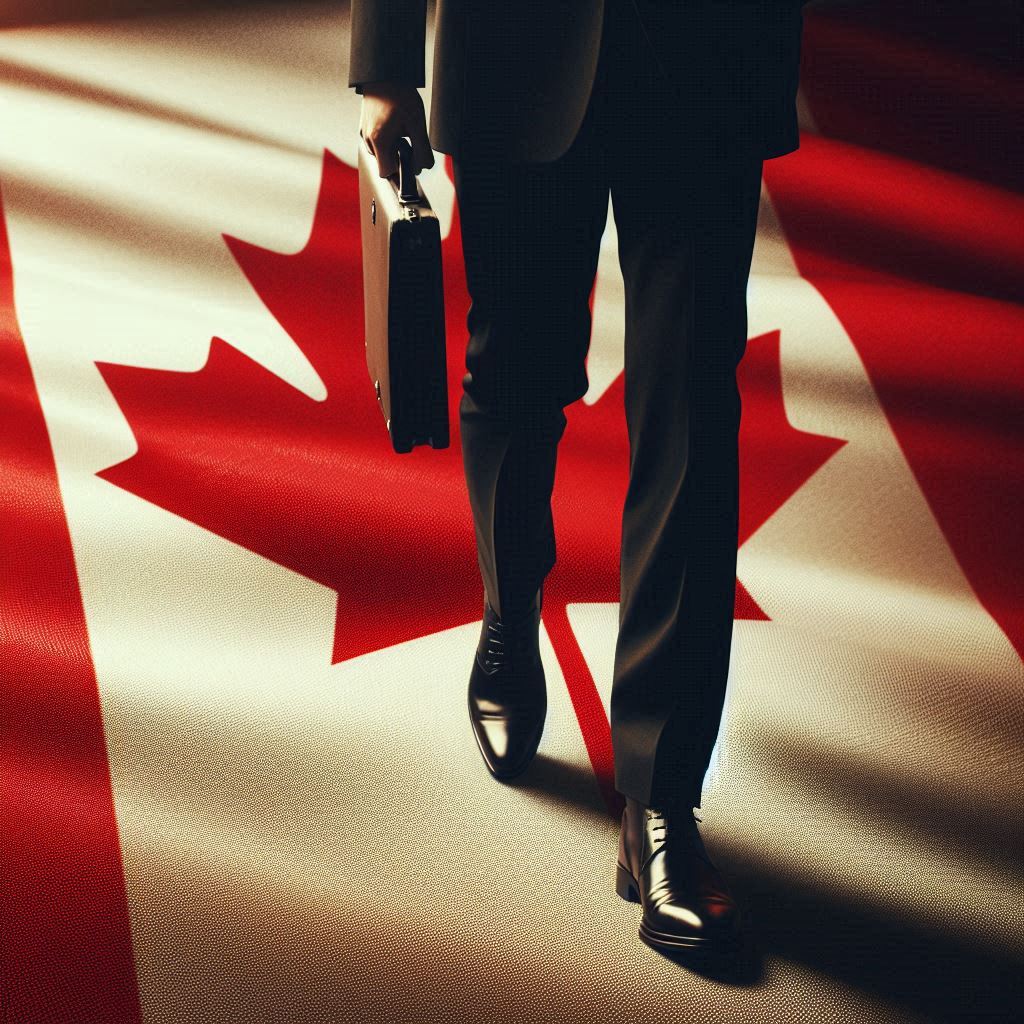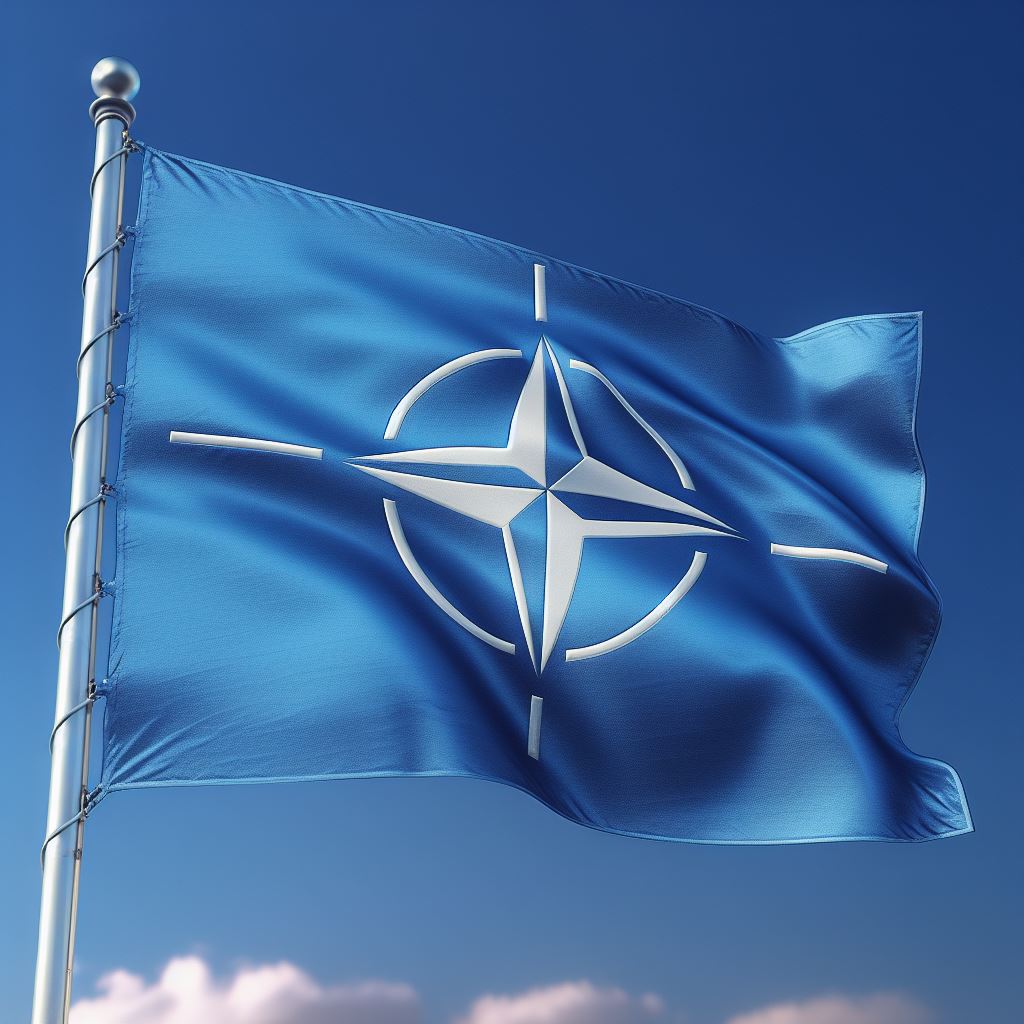The main story in politics in recent years has been the rise of right-wing populism, while centrism and moderate politics have withered. But is this really the most accurate interpretation of ongoing political developments in the west? The last month has seen Europe, led by key figures Keir Starmer and Emanuel Macron, rally around a new commitment to collective defence. At the same time, Spain’s economic surge, overseen by a moderate leftist government, has largely flown under the radar in popular discourse. On the other side of the Atlantic, political leadership in Canada demonstrates the multilateral economic strengths of the western alliance. While populists across the west have found some success in recent elections, the unsung resilience of the moderate centre must not be forgotten.
The Truth About European Security
UK prime minister Sir Keir Starmer has been roundly praised by MPs across partisan boundaries, even Reform UK leader Nigel Farage. Last year, Starmer’s premiership was been beleaguered by riots and a strained fiscal situation. Recently, however, it has been re-invigorated by his active leadership in the European response to US efforts to compel Ukraine to sign a peace deal with Russia. The British premier has been keenly involved in multilateral negotiations on Europe’s collective security, including marshalling support for what he calls a ‘Coalition of the Willing’. This coalition, which could consist of European and Commonwealth of Nations service personnel, would deploy a peacekeeping force to Ukraine in the event of a ceasefire or more enduring, long-term peace.
The Labour leader’s moderate policy agenda harks back to earlier previous decades. His government’s commitment to responsible management of the state finances and liberal social policies draws continuity with the so-called ‘neoliberal consensus’ of the Blair-Brown-Cameron from 1997 to 2016. Like his pre-Brexit predecessors, Starmer prioritises international cooperation on security and trade as well as notionally ‘western’ values such as human rights. Notwithstanding the difficulties he has faced on the domestic front, Sir Keir has proved a nimble, tactful, and wily foil certain of his foreign counterparts’ more forceful diplomatic approach.
Moderate Politics in Multipolar Europe
The British prime minister has been joined by similarly proactive measures by leaders in the two other major European powers: France and Germany. French President Emanual Macron, who is the head of the centrist Renaissance party, has worked in lockstep with Starmer to push for security guarantees for Ukraine. Macron has sponsored a joint re-armament programme in the European Union, especially through financial arrangements such as joint borrowing for defence. The French President recently suggested there may be scope for his country’s nuclear weapons to be used to defend other European countries, should the need arise.
In Germany, the CDU/CSU alliance will become the largest party in the Bundestag following recent elections. The CDU, or Christian Democratic Union, is a centre-right political party. Its leader, Friedrich Merz, is a former private sector financier who has previously been a staunch supporter of the Euro-American partnership. Negotiations for the formation of a new governing coalition are underway between Merz and the SPD, who until the election were the governing party. Most strikingly, the would-be coalition partners are working on an arrangement to scrap Germany’s constitutional handbrake on government borrowing, allowing more to be spent on the armed forces and key infrastructure.

International cooperation is key to meeting the challenges of the coming decades.
The work by moderate political leaders to gather support for Ukraine and, more broadly, European collective security has been popular with voters. Liberal democracies led by moderates in the political centre ground are driving cooperation and multilateralism. This should not be taken for granted. Only a few short months ago, effective cooperation between the UK, France, and Germany faced a number of difficulties. The after effects of Brexit, political uncertainty in the French government, and the collapse of the German governing coalition made international tethers look shaky. Recent events have shown that these countries can still work effectively together. The first steps they have taken to ensure European security are subtly promising signs that a moderate approach can work in the current political climate.
Spain’s Economic Success in the New Political Landscape
In the last year, one economy has been the shining light in Europe. Spain was one of the few European economies last year to post significant GDP growth, at 3.2%, following on from several years of strong growth. Driven by a resurgence in tourism after several dampened years under the pandemic, the Spanish economy has also ben buoyed by significant EU investment. Strong growth and over £130bn worth of EU funding has enabled capital investment under prime minister Pedro Sánchez and his Socialist Workers’ Party (or PSOE). Founded in 1879, the PSOE gradually transitioned from Marxism to social democracy, having governed Spain on many occasions in the last century and a half.
Populism and protectionism are not the only option. Centrism has a fighting chance.
Sánchez’s government has been able to invest in major infrastructure projects while one of the country’s major industries, tourism, has driven post-Covid recovery. Spain’s recent economic success is an example to other countries what international cooperation and sensible management can achieve. By leveraging EU membership to boost domestic investment, the PSOE centre-left government has quietly made Spain’s economy one of the success stories of the 2020s.
Canada’s Timely Leadership Change
The threat of tariffs on Canadian exports, especially oil, have fuelled a surge in what is usually understated Canadian patriotism. Canada maintained a trade surplus with the rest of the world in January 2025, exporting over £40bn worth of goods. The country’s main export is oil and his essential to the US energy supply.
In the Canadian province of Ontario, Progressive Conservative (PC) leader Doug Ford, was re-elected last month. At the top of his otherwise centre-right manifesto was ardent opposition to the imposition of tariffs by the US on Canadian goods. Ford has suggested he could impose a surcharge on exports leaving Ontario for the United States and has gathered cross-partisan support for his opposition to US tariffs. Although the public spending cuts he has overseen have proved controversial, Ford’s defence of Canada’s position as a major exporter has been widely praised.
Former Bank of England and Bank of Canada governor Mark Carney was elected leader of the Liberal Party on Sunday. He has become Canada’s 24th prime minister, taking over from outgoing Justin Trudeau. Trudeau, who has been prime minister since 2015 and whose father was twice PM in the late twentieth-century, tendered his resignation in January. This was on the back of several years of sustained popularity of the Canadian Conservatives under populist leader Pierre Poilievre. The Conservatives have held a majority in opinion polls since 2021.
Mark Carney, a former central banker, is the new leader of the Liberal Party and prime minister of Canada.

The Liberals have recently staged a recovery since showing willing to stand up to threats to Canadian exports. At the Liberal Party event where the leadership election result was announced, Maple Leaf flags emblazoned upon every available surface, key figures from the party’s past trumpeted the strength and importance of their country. One speaker, the ninety-one-year-old political veteran Jean Chrétien, referred to Canada as the ‘best country in the world’. Calling for Canada to stand up against tariff impositions, he recalled the episode during the War of 1812 when British-Canadian forces burned down the White House. This vigorous patriotism has proved popular with voters ahead of the federal election in October. The Liberals have closed the gap with the Conservatives from nearly 30-points at the start of the year to a 5-point gap on 10th March.
The Moderate Centre Can Reclaim Politics
The transnational populist movement has faced setbacks in the past month. Dampened by government policy, the US stock market has suffered due to recent uncertainty. Its job market has slowed due to aggressive public sector cuts and consumer sentiment is low. Meanwhile in the EU, led by centrists in its two largest economies, stocks are trading higher in anticipation of infrastructure spending in Germany and continent-wide rearmament.
The UK Reform Party is facing internal division, while the German AfD has been frozen out of the coalition-making process. Canadian opposition leader Poilievre has dipped in popularity in light of threats to his country’s exports and sovereignty. In Canada, a centrist leadership has won wide praise as the importance of the country’s economy to the world economy has been demonstrated.
The UK Labour Party, Spanish PSOE, and Canadian Liberals, show that right-wing populism is not the only option. Between them, they have illustrated the importance of international supply chains, economic interdependence, and collective security. The promising signs from these governments indicate that international cooperation and multilateralism remain a possibility. Populism and protectionism are not the only option. Centrism has a fighting chance.
(Thanks to Mr C. Price MA for his insights into Canadian affairs).



